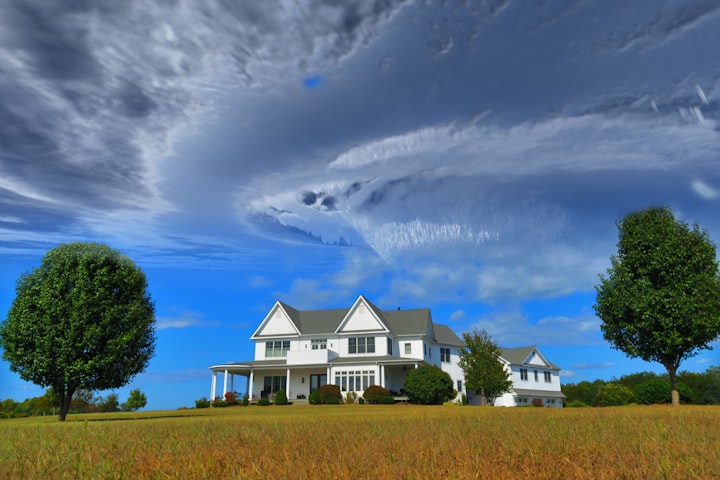Guardians of Safety: A Parent’s Guide to Surviving Emergencies
Navigating the Landscape of Uncertainty; Empowering Families through Knowledge and Action

In a world where the unexpected is the new normal, the importance of being prepared for emergencies has never been more crucial. For parents, this preparation is not just a matter of personal safety but also a responsibility to protect their families. A recent study by Assurance IQ sheds light on the varying degrees of emergency preparedness across the United States, revealing startling disparities and emphasizing the need for increased awareness and action.
The Federal Emergency Management Agency (FEMA) states that less than 50% of American households have discussed and planned for emergency disasters, a statistic that underscores the general lack of preparedness across the nation. Assurance IQ’s study, which defined an emergency as any serious, unexpected, or dangerous event requiring immediate action, such as earthquakes, hurricanes, and tornadoes, surveyed people across every state, assessing their readiness for potential disasters.
Louisiana emerged as the most prepared state, scoring 74.88 out of 100, with 76% of residents possessing emergency supplies and 80% receiving mobile alerts for emergencies. This heightened state of readiness is attributed to the aftermath of Hurricane Katrina, which saw the state’s flood-protection system bolstered by $15 billion in federal funds.
South Carolina and Tennessee also scored high in preparedness, with the majority of residents having emergency supplies, mobile alerts, and property insurance in place. Florida, another hurricane-prone state, showed that 78% of residents have emergency supplies, and 66% have mobile alerts set up.
However, the study revealed alarming inadequacies in states like Nevada, California, and New York. Nevada, the least prepared state, scored a mere 25.75 out of 100, with only 38% having property insured and 36% having savings for emergencies. California’s lack of preparedness is particularly concerning, with only 16% of residents having an emergency plan and a mere 4% knowing their evacuation routes.
According to the American Red Cross, nearly half of Americans believe they are more likely to win the lottery or get struck by lightning than experience a home fire. This mirrors a disconnect between perceived and actual preparedness. For instance, while only 45% of New Jersey residents feel prepared, the state is actually the fifth most prepared in the U.S. Conversely, states like New York and California are acutely aware of their lack of readiness, with only 28% of residents feeling prepared.
Emergency experience significantly impacts preparedness actions. Those with experience are generally more prepared, with about 50% having an emergency plan in place, compared to only 25% of those without experience. Interestingly, women are more likely to have mobile emergency alerts, while men prioritize having their property insured against weather emergencies.
The Centers for Disease Control and Prevention (CDC) recommends having a supply of non-perishable food and water to last for at least three days in the event of an emergency. The study also delves into generational differences in preparedness. Younger generations exhibit a greater desire for apocalypse-proof shelters, while older respondents are less interested in having a bunker but are more likely to consider themselves emergency-prepared.
For parents, these findings underscore the urgent need to prioritize emergency preparedness. It is imperative to have a well-thought-out emergency plan, know evacuation routes, and have essential supplies and savings on hand. Parents should also ensure their properties are insured and secure against potential disasters.
This serves as a crucial reminder of the importance of being prepared for the unexpected. It is a call to action for parents to become guardians of safety, to protect their families by being informed, prepared, and proactive. By doing so, parents can ensure the well-being of their loved ones in the face of uncertainty and contribute to building resilient communities ready to face any emergency.
Emergency preparedness is not just a personal responsibility but a collective one. It is about fostering a culture of readiness and resilience, where every parent is a guardian of safety, every community is a fortress of preparedness, and every child grows up in a world that is secure and protected. Let us all take a step today to make our homes, our communities, and our world a safer place for everyone.





Comments
There are no comments for this story
Be the first to respond and start the conversation.